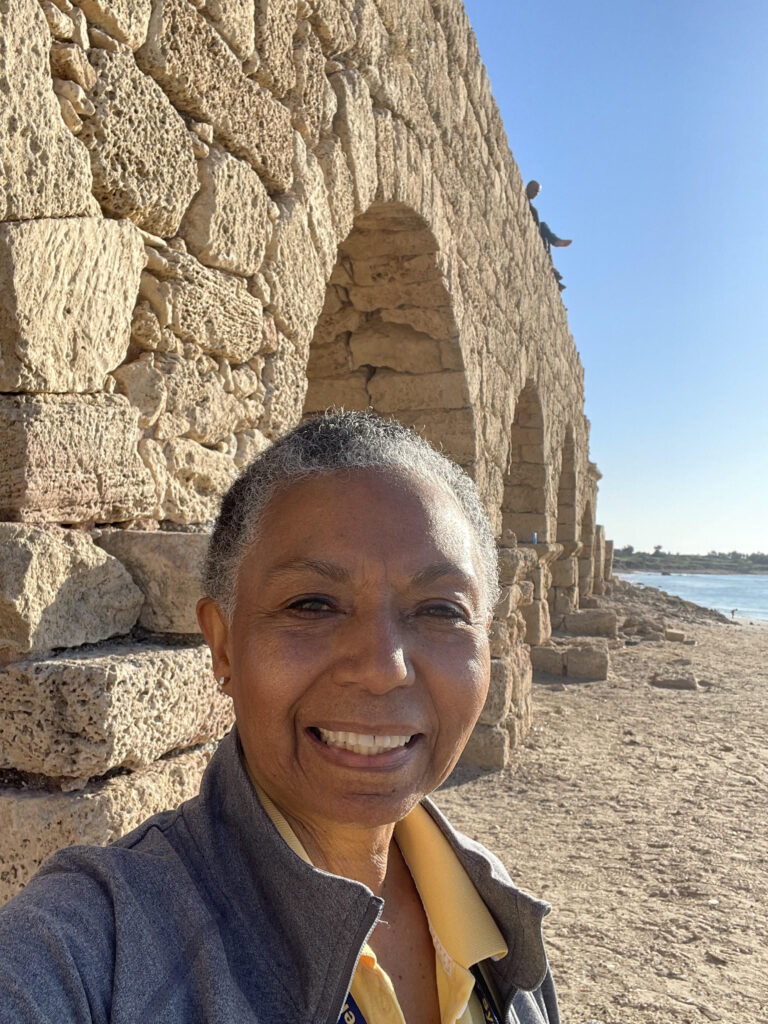 Our February Instructor Spotlights Jill Hurst-Wahl. Jill is teaching Copyright and Fair Use in Academic Libraries on February 7.
Our February Instructor Spotlights Jill Hurst-Wahl. Jill is teaching Copyright and Fair Use in Academic Libraries on February 7.
Jill is a consultant, speaker, writer, and educator, who frequently focuses on copyright law. She has taught copyright law for the American Library Association and the Syracuse University iSchool, where she is now professor emerita. Her interest in copyright was born out of her work as a corporate librarian, as well as working with libraries on their digitization programs. The more she learned, the more she found a deep connection with the topic. Jill is a current member of the Library Futures Institute, which is focused on a technology-positive future for libraries. She blogs about copyright and other topics at Digitization101.com. We met with Jill via email over the holiday break, let's get to know Jill a little more...
1) Jill, for your class Copyright and Fair Use in Academic Libraries, what is one takeaway you’d like to share?
When I teach about copyright, I always want people to realize that it is not a mystery. Copyright can be understood by everyone, no matter their age or occupation. We think it is hard because copyright is law and we believe that understanding federal law must be difficult. The good news is that understanding the basics of copyright law will help anyone answer most of the questions they have. In addition, the more anyone learns and the more they use the law, the more comfortable they will be.
2) Why is copyright and fair use hard to follow or understand at times ?
First, copyright law and specifically and fair use can seem hard to follow if people have not learned how to apply them. That means learning what is in the law and then spending time applying what has been learned. To understand fair use, a person needs to apply it to more than one circumstance. In other words, a person needs to work through the four factors of fair use on a regular basis on their own and with others. Yes, working with others - in your institution and elsewhere - is normal and is very helpful.
Second, we hear of copyright lawsuits, like those involving Google, and think the results of those litigations have changed the law. The law has not changed. Perhaps some new precedents have been set which relate to specific circumstances, but the law wasn't changed. It's important to look behind headlines and understand what is actually happening. For example, the lawsuits involving Google Books did not change the law, but they helped us all to understand how to digitize books under fair use and make those works available to others.
3) I know you will provide lots of information and resources during the class but is there 1 resource in particular, librarians should used as the “go to” site for copyright?
There is confusion over when a work enters the public domain. To help answer that question, I like "Copyright Term and the Public Domain" which is maintained by the Cornell University Libraries. Cornell makes this information available as part of an online guide and in PDF format. It carries a Creative Commons license, which means it can be widely shared.
Now, why this resource? Because the length of copyright protection has changed since the U.S. law was created in 1790, you need to be aware of how those changes have impacted when a work enters the public domain, especially if you are dealing with older works. This resource does an excellent job of providing the details in a way that can be understood. I also like this resource, because I know Cornell will update it if any changes to the law occur which effect when a work enters the public domain.
4) Now, for a little fun, what are you reading, watching, or listening to right now?
I consume a lot of news through cable TV, websites, Youtube, apps, and digital newsletters. I recently starting getting a morning overview of the news through Morning Brew, which I find both interesting and skim-able.
We are thrilled Jill is sharing her wealth of knowledge with us on Copyright. If you would like to learn more, please register today.
